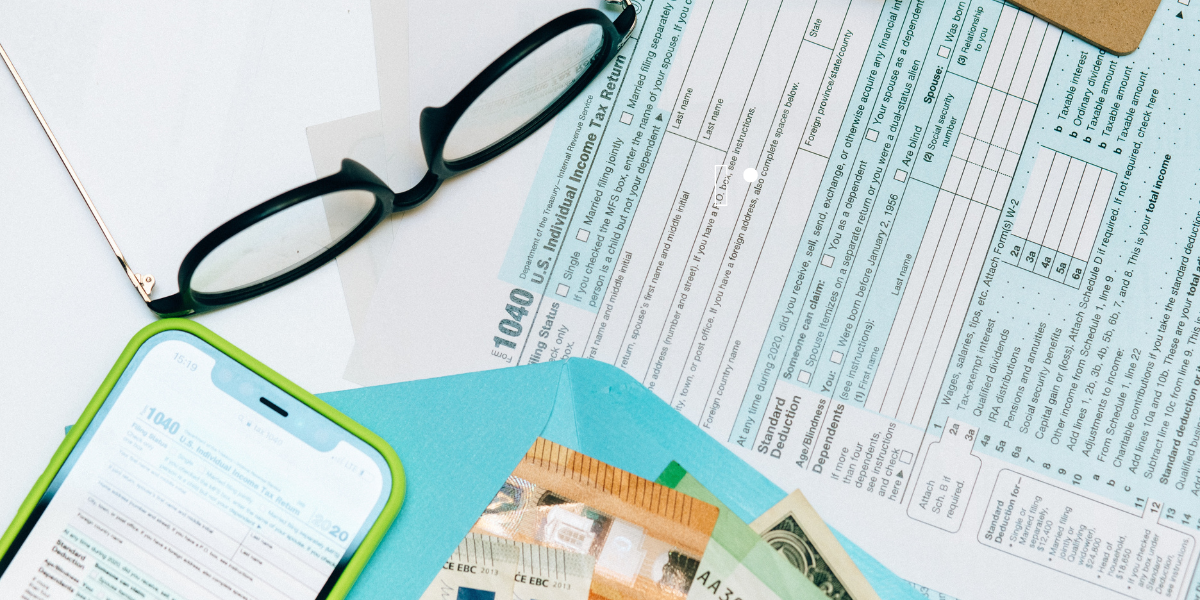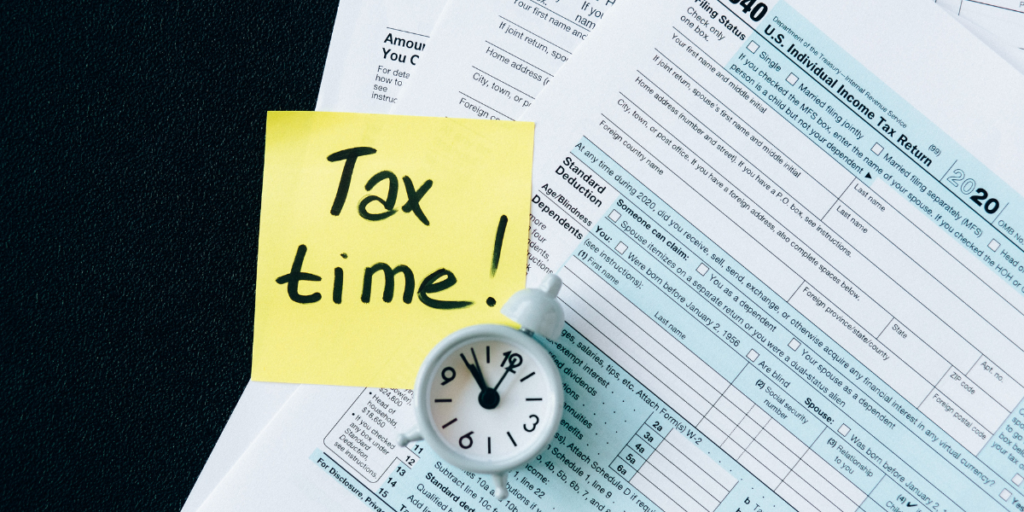Uncle Sam and American expats aren’t exactly the best of friends. Regardless of where they live, American citizens have to declare their worldwide income to the IRS, and many aren’t even aware of this.
Yep, you heard that right. That’s because the United States is one of only two countries that applies citizenship-based taxation.
And with strict regulations such as the Foreign Account Tax Compliance Act (FATCA) to monitor expats who don’t comply with their tax obligations, there’s no escaping Uncle Sam. Sorry, buddy.
But it’s not all doom and gloom, though. The IRS has many programs, such as the Foreign Earned Income Exclusion (FEIE), to help American expats avoid double taxation.
What is the Foreign Earned Income Exclusion (FEIE)?
The Foreign Earned Income Exclusion (FEIE) is an IRS tax benefit program that allows American expats to exclude their foreign earned income from their US tax return. US expats can take advantage of the program when they file Form 2555.
Some of the income expats can exclude with the FEIE are:
- Salary
- Bonuses
- Wages
- Self-employment income
Income that isn’t eligible for the FEIE, however, includes:
- Salary you receive as an employee of the US government
- Pension payments or social security benefits)
- Investment income
The IRS has an Interactive tax assistant tool to help determine if your foreign earned income is eligible for exclusion. You can also talk to a tax advisor if you have any questions about how your income is taxed in your new home country.
The maximum amount of foreign earned income you can exclude in 2022 is $112,000. However, this amount increases by a little bit each year due to inflation. For example, the maximum income you could exclude in 2021 was $108,700.
Read more: IRS Foreign Earned Income Exclusion 2022 – Ultimate Guide
What are the requirements to qualify for the Foreign Earned Income Exclusion (FEIE)?
So who can benefit from the FEIE and possibly save thousands of dollars in taxes? Here are the requirements to qualify for the FEIE and cash in:
Physical Presence Test
American expats can use the Physical Presence Test to prove they’ve spent enough time overseas to qualify for the FEIE. To pass this test successfully, you must spend more than 330 full days in a foreign country throughout any consecutive 365 period.
That said, expats have to be careful when it comes to counting their full days. According to IRS guidelines, the agency won’t count a day as a full day if you spend any of its 24 hours flying internationally.
Let’s say that you’re an American expat living in Hamburg, Germany. On April 15th, 2022, you took an international flight to Italy at 4pm. In this case, it wouldn’t count as a full day in the eyes of the IRS, since you didn’t spend the entire day in Hamburg.
Read more: The FEIE Physical Presence Test for US Expats
Bona Fide Residence Test
The Bona Fide Residence Test, on the other hand, is a test that American expats have to pass to prove that they established residency in another country. What makes the Bona Fide Residence Test different from the Physical Presence Test is that you prove the social and economic ties you have with your new home country.
The IRS will determine whether you qualify for Bona Fide Residence on a case-by-case basis. That said, here are the main known requirements that will help you pass the test:
- You must be a US citizen or resident.
- You need to be earning foreign income, which doesn’t include dividends or pension payouts.
- You must have no intention of returning to the US (American expats on a student visa wouldn’t qualify).
- You must have a residence in a foreign country and stay there within the complete US tax year (having documents such as utility bills would help).
Read more: What Is the Bona Fide Residence Test? — Bright!Tax Expat Tax Services
Overview of Form 2555
Form 2555 is the form you need to file to benefit from the FEIE. The form consists of nine different sections:
- Part 1: Include information about your employer and previous foreign income exclusion claims.
- Parts 2 and 3: Fill out the detailed information to prove that you pass either the Physical Presence Test or the Bona Fide Residence Test.
- Part 4: Report your total annual foreign earned income.
- Part 5: Indicate whether, on top of the FEIE, you also want to claim the Foreign Housing Exclusion or Deduction (Read more: The Foreign Housing Exclusion: A Brief Guide for US Expats).
- Part 6: Fill out the information about your housing exclusions and deductions.
- Part 7: Enter relevant information about your foreign income exclusion.
- Part 8: Make the necessary calculations to determine how much you can exclude.
- Part 9: Calculate how much you can claim in foreign housing exclusions and deductions.
If this feels like a lot of information to fill out, you can always hire the right team of tax professionals to complete Form 2555 for you.
How to File Form 2555
Here’s how to file Form 2555 in three steps:
Step 1: Qualify for the Foreign Earned Income Exclusion (FEIE)
As mentioned above, you have two options to qualify for the FEIE: the Physical Presence Test or the Bona Fide Residence Test. You can only choose one test at a time. If you’re still unsure which test best fits your expat situation, contact a tax advisor for help.
Step 2: Prepare the Necessary Documents
You’ll need to prepare the following documents to file Form 2555:
- – If available, the Form 2555 you filed the previous year.
- – All statements on your foreign income tax return.
- – The name and address of your employer, whether they’re based in the US or in a foreign country.
- – Your international travel calendar.
Step 3: File Form 2555 with Form 1040
The last step is to attach your Form 2555 to your Form 1040, which is the document you use to file your annual income tax return.
It’s worth noting that if you don’t accurately file Form 2555 and report your foreign earned income, it could result in hefty fines and penalties from the IRS. We recommend getting help from a qualified tax advisor to guide you through the process.
Need help filing Form 2555? We’re Here to Help
The US has a complex tax system for its millions of expats worldwide. There’s a lot of paperwork and documentation to prepare, which can become a major source of headaches for American citizens who just want to enjoy their new life overseas.
At Bright!Tax, we know the struggle. Our team of tax professionals has helped American expats in more than 200 countries comply with their tax obligations while having complete peace of mind. Contact us today, and one of our tax advisors will reach back to you within a few hours.

 Connect on LinkedIn
Connect on LinkedIn

